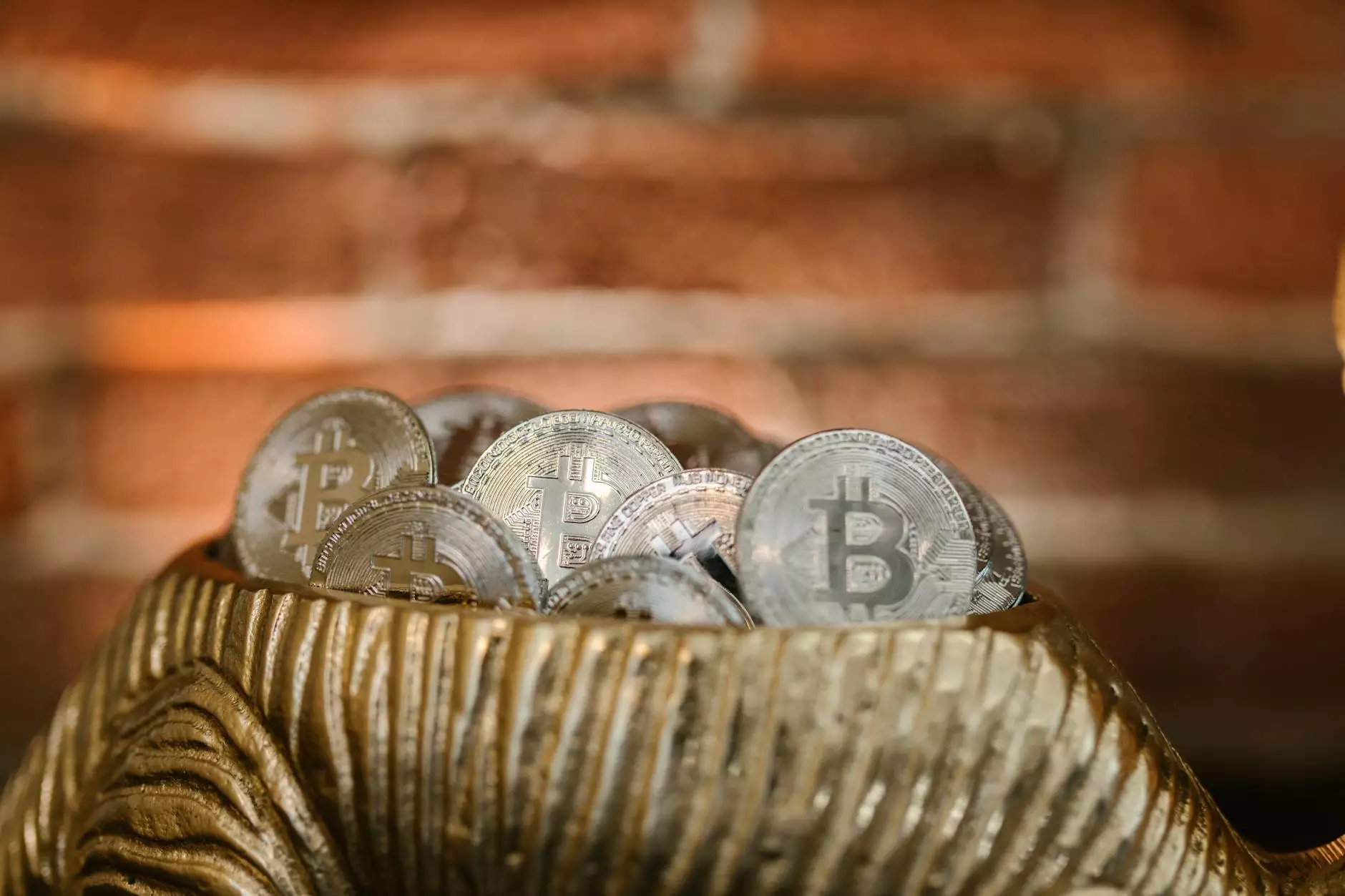Understanding Fake ID Cards and Their Importance in Today's Business World

In an ever-evolving business landscape, the demand for fake ID cards has seen a significant rise. These cards serve various purposes, and understanding their implications is essential for businesses and individuals alike. This comprehensive guide will delve into the reasons behind the increasing demand for fake ID cards, their uses, the associated legal considerations, and how they can impact various sectors.
The Growing Need for Fake ID Cards
The concept of fake identification has transitioned from a niche market to a widespread necessity. Various demographics, including young adults and professionals, often seek out these documents for several reasons:
- Access to Age-Restricted Services: Many individuals require proof of age to access services and products that are legally restricted, such as alcohol, tobacco, and certain clubs.
- Identity Verification for Employment: In many cases, businesses require employees to provide identification. Fake IDs can occasionally make this process easier, albeit risking legal ramifications.
- Travel Documentation: In situations where someone does not have a valid passport, a fake ID might be a means to facilitate travel.
- Social Integration: For young adults, having a fake ID can sometimes feel necessary for social acceptance, particularly in nightlife scenarios.
Legal Considerations Surrounding Fake ID Cards
While the above reasons can sometimes justify the use of fake IDs, it's crucial to understand the legal implications tied to their creation and use:
Understanding the Law
Using a fake ID is illegal in many jurisdictions and can result in severe consequences. These can range from fines to criminal charges, which might include:
- Fraud Charges: Presenting a fake ID can lead to charges of fraud, impacting one's future employment prospects and legal standing.
- Theft of Identity: In cases where a fake ID uses another person's information, identity theft charges could ensue, which are far more severe.
- Felony Charges: In certain jurisdictions, the production or distribution of fake IDs is treated as a felony, thus carrying heavier penalties.
Staying Within Legal Boundaries
For individuals and businesses, it’s imperative to adhere strictly to legal guidelines. Instead of seeking fake IDs, one could consider:
- Temporary Identification Documents: Some establishments may issue temporary or provisional IDs for various purposes.
- Legitimate Verification Systems: Businesses can utilize services for verifying the authenticity of IDs provided by customers.
The Impact of Fake IDs on Various Sectors
The prevalence of fake IDs does not only affect individuals; it also has significant consequences for various business sectors:
Hospitality and Nightlife Industries
For bars, clubs, and restaurants, the responsibility of verifying a customer’s age falls heavily on the establishment itself. The rise of fake IDs can result in:
- Reputation Damage: Serving underage patrons can lead to a damaged reputation and loss of trust among customers.
- Legal Trouble: Establishments may face steep fines, legal actions, and even revocation of their licenses if caught serving minors.
Employment Verification
In the job market, employers depend on accurate identification to comply with labor laws. The use of fake IDs can lead to:
- Hiring Challenges: Employers may find difficulty in employing individuals who lack verifiable identification.
- Risk of Legal Ramifications: Employing someone with a fake ID can lead to significant fines and penalties for the employer.
Enhancing Authenticity and Security Measures
With the threat posed by fake IDs, businesses and institutions must implement robust identification verification practices:
Implementing ID Verification Technology
Modern technology provides numerous solutions for authenticating IDs. Some of the effective measures include:
- ID Scanners: Many businesses are now using ID scanners that can instantly verify the authenticity of a driver's license or identification card.
- Biometric Verification: The use of biometrics like fingerprints or facial recognition can enhance the verification process significantly.
Training Employees
Training staff to recognize genuine vs. fake identification can mitigate risks immensely. This training can include:
- Identifying Security Features: Employees should be educated about the security features commonly found in legitimate IDs.
- Understanding Local Laws: Staff should be well-versed in local laws regarding identification and age verification.
Conclusion: The Ethical Responsibility of Businesses and Individuals
The discussion surrounding fake ID cards is multi-faceted, with implications extending into the ethical domain. Businesses and individuals must navigate these waters with clarity and caution.
Understanding the legal ramifications, potential impacts on business sectors, and the importance of robust verification processes is essential. It's crucial to focus on legitimate solutions that protect both businesses and individuals while fostering a secure and compliant environment.
In today's fast-paced world, the consequences of using fake IDs can lead to more significant challenges than one might initially perceive. By promoting awareness and focusing on authenticity, we pave the way for a safer and more trustworthy society.
For individuals considering the acquisition of a fake ID, it is vital to recognize the risks involved and to explore legal avenues that avoid potential repercussions. Compliance and integrity should always be prioritized in our personal and professional endeavors.
fakes id








